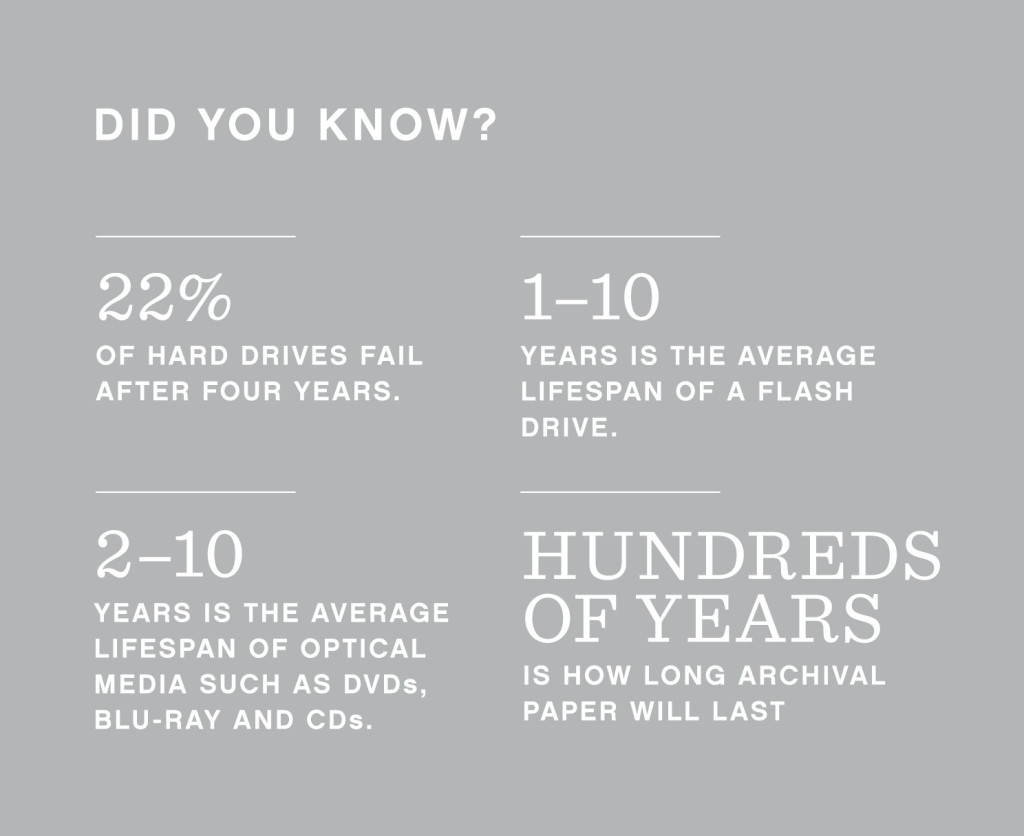
I am not a soap box person about many things. I do however feel very strongly about printing pictures. I have my childhood in a box. When my parents moved my five siblings and I each received a box of pictures and keepsakes from our youth. It is so wonderful to flip through old pictures and report cards with my daughter.
Imagine now, if instead of a box my mom passed me a FLOPPY DISC of my childhood.
What would I do with it? I don’t have a computer that could read it. If I did, what are the odds it won’t be damaged?
I fear we are coming upon a lost generation, which is ironic considering in any given day we put out an immense amount of personal information. When was the last time you printed a picture? Like on real photo paper. Do you keep all of your pictures on your computer? Do you backup? Have you ever ‘lost’ files or had a computer die? Young adults receiving their childhood box equivalent just a few years ago would received a lovely collection of CD’s or DVD’s. Guess what? My new computer doesn’t even have a disc drive. The point is technology will always change, what you have today will without a doubt be obsolete soon.
Paper prints are immune to technology upgrades.
Prints can be enjoyed anytime, no battery needed. Paper prints will last for hundreds of years compared to many digital storage devices that last an average of 10 years. The ominous ‘clouds’ are not a fail safe that I’m comfortable with either. Forget the thumb drive, give your kid a cloud storage website scratched on a napkin when they grow up and hope for the best.
The odds of your home having a total loss disaster that ruins paper prints are less than the common technology failure.
So I plea with you to print your family pictures. The grand events and the daily moments deserve to printed and preserved.
The article WHAT IS EPHEMERAL BY BRYN MOOTH has resurfaced my inner soap box on this issue and supplied the graphic listed above. It is a wonderful read and can be found here: https://www.artifactuprising.com/what-is-ephemeral
One of my favorite parts in Mooth’s article is this quote: In a presentation to the American Association for the Advancement of Science, internet pioneer and Google’s Chief Internet Evangelist, Vint Cerf, warned that the issue of digital data loss isn’t just a problem in the here and now, but rather has sweeping historical consequences. We can’t possibly know how valuable these materials will be decades or centuries from now: Family photos will be important to our descendants, and important research being done today will be vital to future scientists. We’re facing a “forgotten generation or even a forgotten century,” Cerf said.

Recent Comments